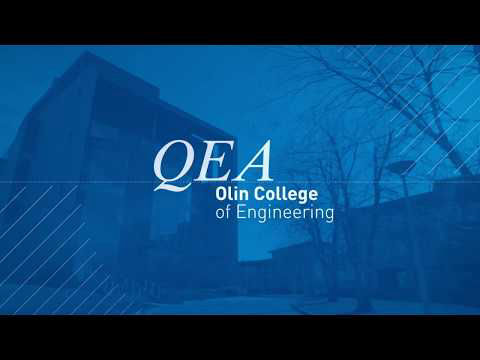
Key Features of QEA
QEA is a highly interdisciplinary, integrated course for teaching technical content.
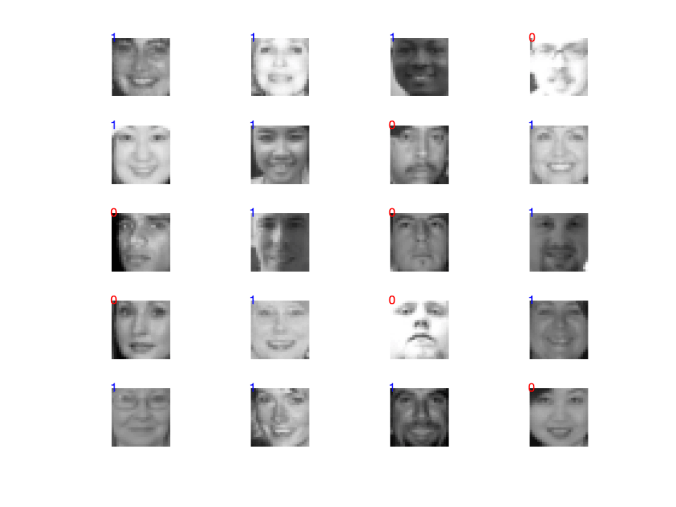
Computational Platform
Students use MATLAB as a programming environment during this module. Use the button below to see sample code and other supporting materials.
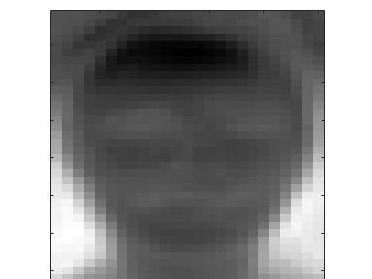
Module Overview
The module introduces fundamental ideas in linear algebra through a deep dive into creating a facial recognition system.
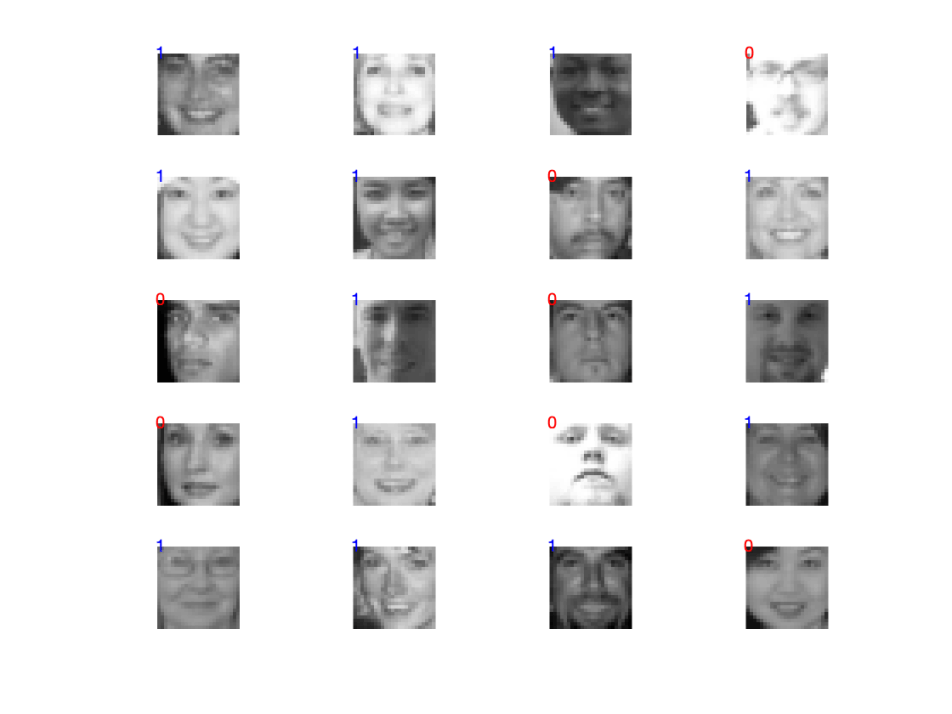
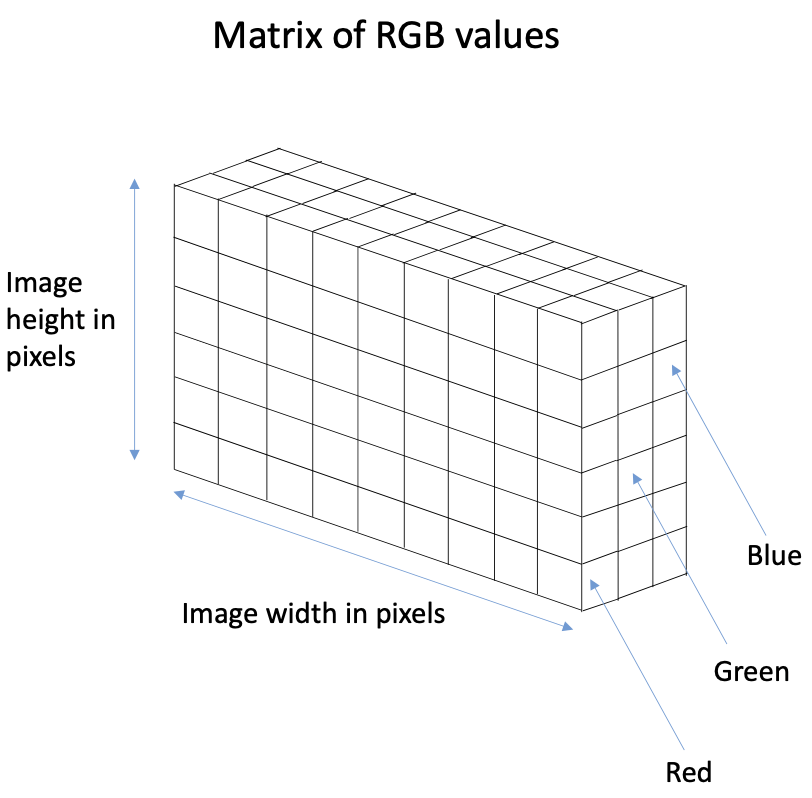
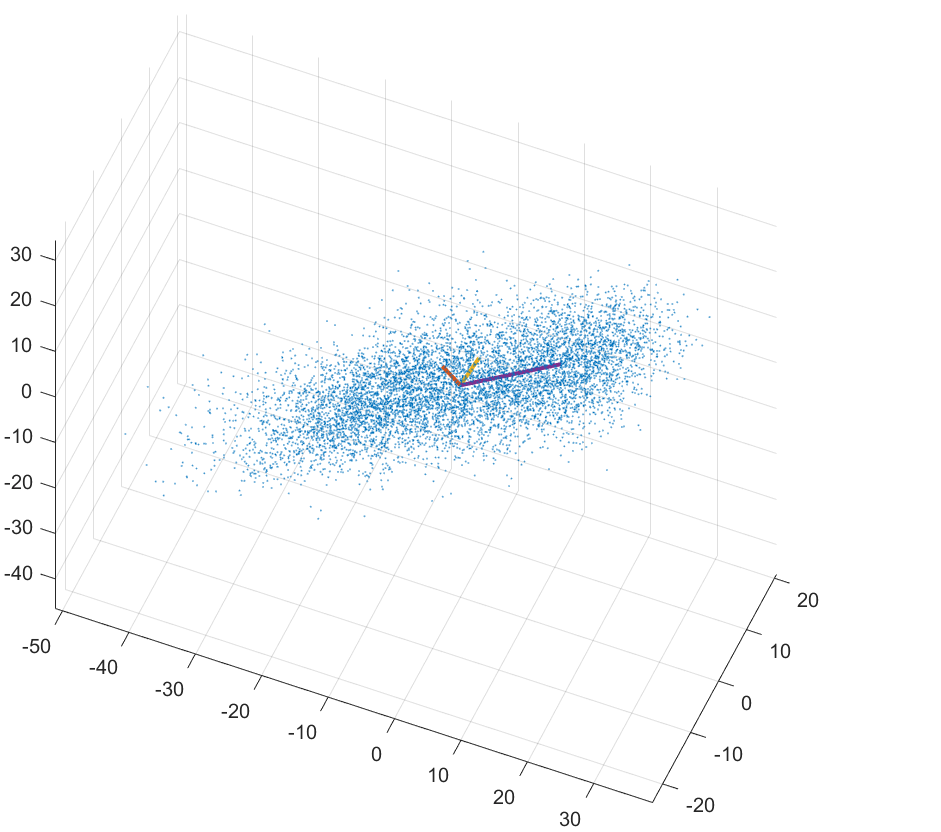
MORE ABOUT OLIN?